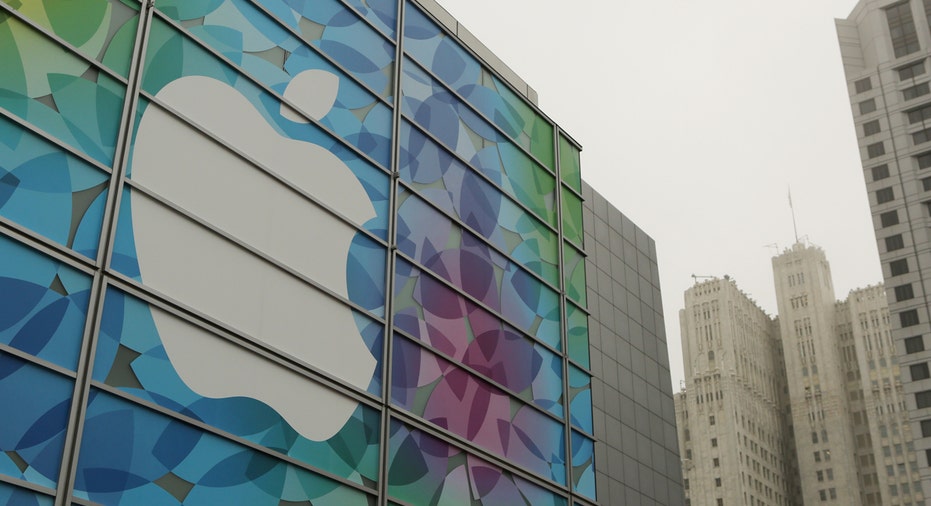Apple Defies Law of Large Numbers

Wall Street is so predictable. Following Apple’s (NASDAQ:AAPL) record holiday quarter and the stock hitting an all-time high with a $700 billion market value, the street’s wondering how the tech giant is going to beat the law of large numbers … again.
In case you’re wondering, there are two such “laws.” One relates to probability while the other describes how it’s harder for bigger companies to grow or at least maintain a high growth rate. We’re talking about the latter here, at least the analysts are.
The subject came up at the Goldman Sachs Technology conference when, in reference to the blowout quarter, Goldman president Gary Cohn said, “So far, Apple seems fairly undeterred by the law of large numbers.” On stage with Cohn, Apple CEO Tim Cook gave an equally predictable response, but in a good way:
“We don't believe in such laws as laws of large numbers. It's just sort of an old dogma, I think, that was cooked up by somebody.” He went on to explain that Steve Jobs taught them not to limit their thinking by worrying about numbers. “We're actually not focused on the numbers,” he said, “we're focused on the things that produce the numbers."
As usual, Cook masterfully shifted the conversation. Indeed, the last thing you want Cook or any chief executive thinking about is what everyone says can’t be done, especially when Wall Street is doing the talking. After all, isn’t that what great executives and business leaders are supposed to do, what others say can’t be done?
We want our CEOs to be like Han Solo flying into an asteroid field to avoid enemy fighters in The Empire Strikes Back. And when C-3PO tells him the probability of not getting vaporized is 3,720 to one and Solo replies, “Never tell me the odds,” it may just as well have been Cohn and Cook on the deck of the Millennium Falcon.
It’s the same as watching a football game and the announcer says something like, “No team has ever overcome a double-digit second-half deficit to win a Super Bowl before.” That was true until New England did it a few weeks ago. But that comeback would never have happened if Tom Brady had been worried about that dumb stat instead of taking the ball downfield and scoring.
That’s precisely why no CEO should be thinking about things they can’t directly impact like beating the street or share price. Of course investors are stakeholders but the way to deliver long-term shareholder value is by developing outstanding products that customers wait on long lines to pay beaucoup bucks for. That’s hard enough without worrying about things you can’t control, right?
That’s also why I’ve said that Twitter, which has been struggling to ignite user growth, should never have gone public. It’s challenging enough to come up with breakthrough product improvements and ad strategies without all the distracting scrutiny of Wall Street, as embattled CEO Dick Costolo knows all too well.
Although the board has publicly voiced its support for Costolo, it’s hard not to fall into that trap when the pundits are calling for your head and all eyes are on your next move. The pressure’s enormous, even for the most hardened executives. And it doesn’t necessarily help that you should know better, either.
Maybe it’s a sign of the times that Yale management professor Jeffrey Sonnenfeld regularly appears on CNBC to critique CEO performance, including commenting on whether Costolo should be off the hot seat after last quarter’s revenue beat.
I know the good professor is a CNBC contributor but it was still disappointing to see him embrace the beat the street mentality instead of taking the opportunity to say that’s not what the CEO of a public company should be focused on, as Cook so adeptly explained.
While Cook makes standing up to the pressures of Wall Street and focusing on products instead of numbers look like a walk in the park, that’s clearly more challenging than it looks.



















